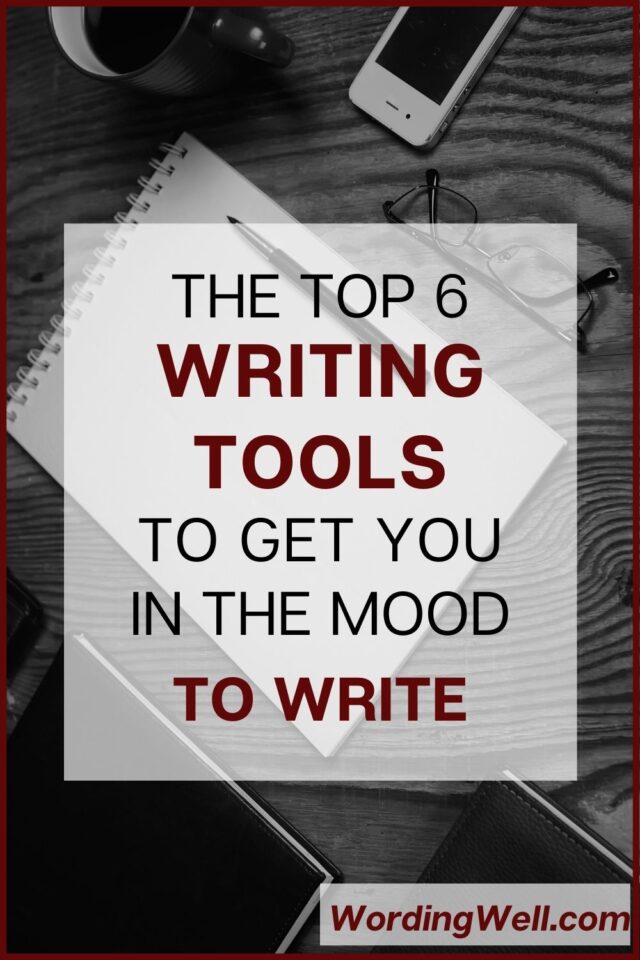Is your writing “readable”? How do you know?
To introduce the concept of readability, I have some more questions for you.
Have you ever used “big” words in an attempt to seem smarter than you are? Have you ever looked up a word in the dictionary . . . and then had to look up the words found in its definition?
I can see most of you nodding your heads. I can see a few smiles, too. 😉
Now let me ask you:
- Have you ever wondered if the words you choose to use are too difficult for others to read and/or understand?
- Have you ever wondered what others really think of your writing (whether it’s found in a blog post, an ebook, a novel, an essay, an article, etc.)?
- Have you ever read something that was hard to understand (because of all the words you didn’t know the definitions to)?
I bet all of your answers to these questions are “yes.”
But . . . do you know what “readability” really is?
What this post on readability will do for you
This post will:
- teach you what readability is
- discuss some history behind how readability is measured
- indicate the different methods for how readability can be measured
- give you links to the free, online readability calculators that writers, bloggers, and freelancers should use
- two additional articles you can read to expand your mind, and
- it will also mention a brief announcement from Wording Well
You NEED to Consider Readability
Have you ever seriously contemplated the readability of your blog post, books, or articles, and then tailored your writing to your specific audience?
If you are shaking your head shamefully, that’s okay; most people don’t.
Perhaps you didn’t know what to do. Perhaps you didn’t know that you could check the readability of your text.
Perhaps – and this is the more likely option – you’ve never really considered what readability means, how it affects your readers, and how important it actually is.
If you are an author, blogger, writer, freelancer, student (or wannabe author, blogger, writer, freelancer or student), there are a few critical things you should know about readability.
What is Readability?
Readability is the measure of written language that makes it easy to read and understand.
Readability tests, which are mathematical formulas, were designed to assess the suitability of books for students at particular grade levels or ages. They were also meant to save time – because before the formula were used those decisions were made on recommendations of educators and librarians who read the books. These people were taking books already written and figuring out who were the appropriate reading groups.~ Source: All About Readability
The tests were intended to help educators, librarians and publishers make decisions about purchase and sale of books.
Readability, however, is dependent upon many characteristics: age, race, culture, and education. The use of slang also plays a part in readability. I think we all know that each culture (heck, even each generation!) has its own slang words or phrases!
Slang
Slang refers to a type of language that consists of words and phrases that are regarded as very informal, are more common in speech than writing, and are typically restricted to a particular context or group of people. To brush up on or learn some American slang, I’d recommend opting to get 10 randomly chosen slang expressions from their database. You’ll be amazed at what you’ll learn!
Of the 288 factors that were identified, format or design factors were found to be among the three most important clusters of contributors to making a text easier or more difficult to read.
Reading and Writing
One of the reasons I love reading and writing stems from my love for word. When I read and write, I get to be exposed to more words!
When I encounter a word I’ve never heard of, I look it up so that I can add it to my lexicon. I also try to use it correctly in a sentence.
These two practices are something most teachers instruct their students to do in elementary school, and, in fact, were taught to me by my teachers.
They have stuck with me throughout the years, too. I love adding words to my lexicon, and I love using those words properly. When I am writing, I often search for synonyms to use to enhance my writing. However, I try not to use too many “big” words, for two reasons:
- Most people won’t understand what I’m saying.
- Keeping things simple makes for a more widespread understanding. Most people are not university educated (like I am). Many people cannot read complex sentences. Some people cannot read at all. (Of course, those people won’t be reading this!)
Literacy Statistics
It is estimated that 17-20% of the people in the world cannot read or write. Read More










